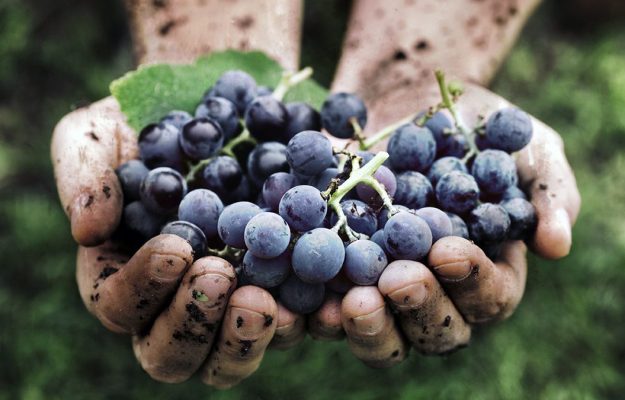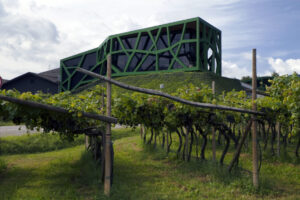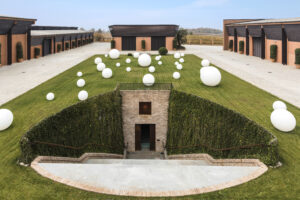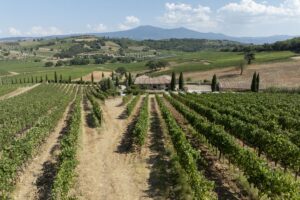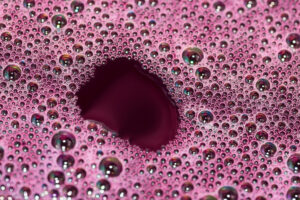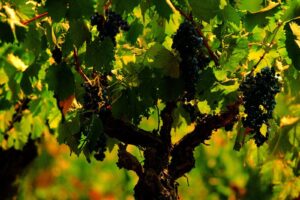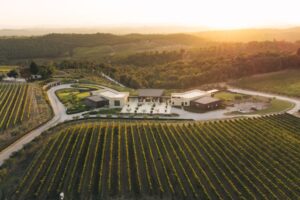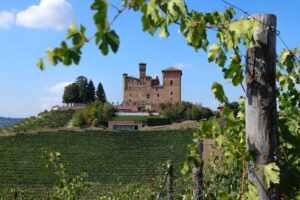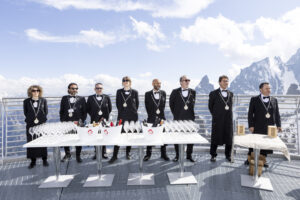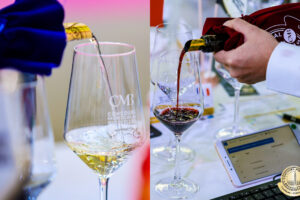Environmental sustainability, which in recent years has become an objective common to the entire agricultural world, has been a necessity for wine - felt by both consumers and producers - for some time, at least since the end of the 20th century. It is not surprising, therefore, that the growth in the area under vines (wine grapes, table grapes and sultanas, ed.) converted to organic production in the world grew at a rate of 13% per year between 2005 and 2019, as shown by the “World Organic Vineyard” report of the OIV, the International Organization of Vine and Wine, headed by Professor Luigi Moio. At the same time, the area of non-organic vineyards decreased by 0.4% per year. Thus, as of 2019, a total of 63 countries in the world, from every continent, were involved in the organic turn to vineyards, which translates into a total vineyard area of 454,000 hectares, or 6.2% of the world’s vineyards. In terms of specific weight, European countries are those in which the share of organic vineyards is on average the highest, with Italy, where organic viticulture accounts for 15% of the total area under vines, in the lead, followed by France and Austria, at 14%, while the only non-European country in the top ten is Mexico, certainly not a major producer, with a share of organically managed areas under vines of 8%. However, explains the OIV’s (International Organisation of Vine and Wine) “World Organic Vineyard”, behind this growth of the world’s organic vineyards, there is a movement both positive and negative, because conversion to organic is anything but a simple step, and requires an enormous capacity to adapt to new dynamics. Conversion is not always irreversible. On the contrary, it often happens that a producer decides to abandon the certification acquired with so much sacrifice in the face of difficulties, often due to climatic and meteorological problems, with a consequent reduction in the area under organic vines.
Copyright © 2000/2025
Contatti: info@winenews.it
Seguici anche su Twitter: @WineNewsIt
Seguici anche su Facebook: @winenewsit
Questo articolo è tratto dall'archivio di WineNews - Tutti i diritti riservati - Copyright © 2000/2025










